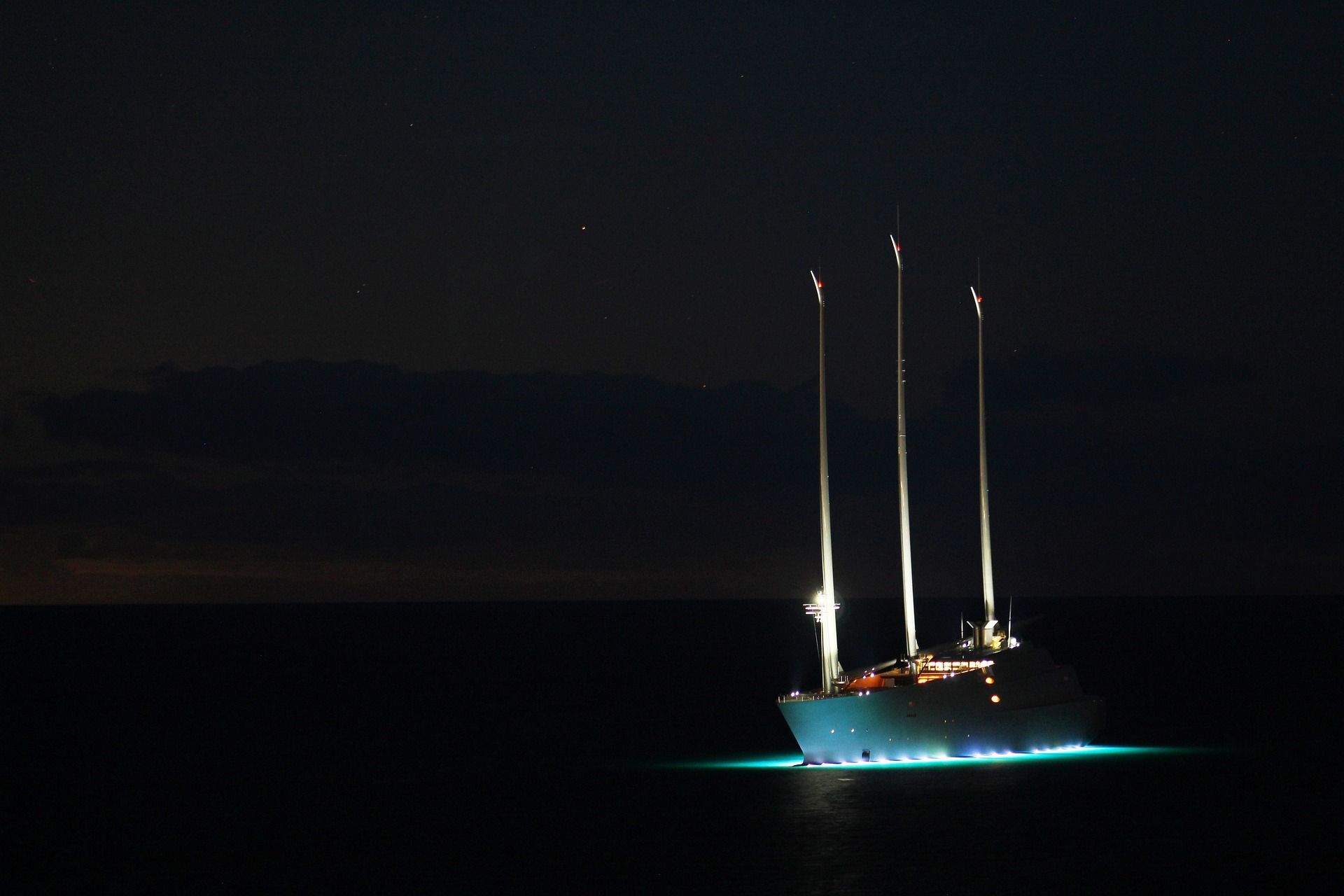Sailing at night can be challenging for a number of reasons. The lack of natural light can make it more difficult to see potential hazards, such as other boats, rocks, or debris in the water. Sailors need to be especially vigilant and rely on their navigation instruments, such as GPS and radar, to guide them through the darkness.
Here are some specific ways in which sailing at night can be challenging.
At night, visibility is reduced, making it more difficult to navigate and identify potential hazards. Even with navigation instruments like GPS and radar, sailors must remain vigilant and scan the waters for any signs of danger.
Weather conditions can change quickly, especially at night, and sailors must be prepared to adjust their sails or take other measures to ensure the safety of their vessel and crew.
Sailing at night can be mentally and physically exhausting, as sailors need to remain alert and focused for long periods of time. Fatigue can impair judgment and decision-making, increasing the risk of accidents and other mishaps.

Communication can also be more challenging at night, as sailors may not be able to see or hear each other as clearly. This can be especially problematic in emergency situations when quick, clear communication is crucial.
it is worth adding that technical difficulties can arise at any time, but they can be especially problematic at night when repairs and maintenance are more difficult and time-consuming. Malfunctioning equipment or systems can increase the risk of accidents and make it more difficult to navigate and communicate effectively.
Overall, sailing at night requires a high level of skill, experience, and preparation to ensure a safe and enjoyable voyage. Sailors must be aware of the potential challenges and take steps to mitigate any risks before setting out on their journey.


Комментариев нет, будьте первым!